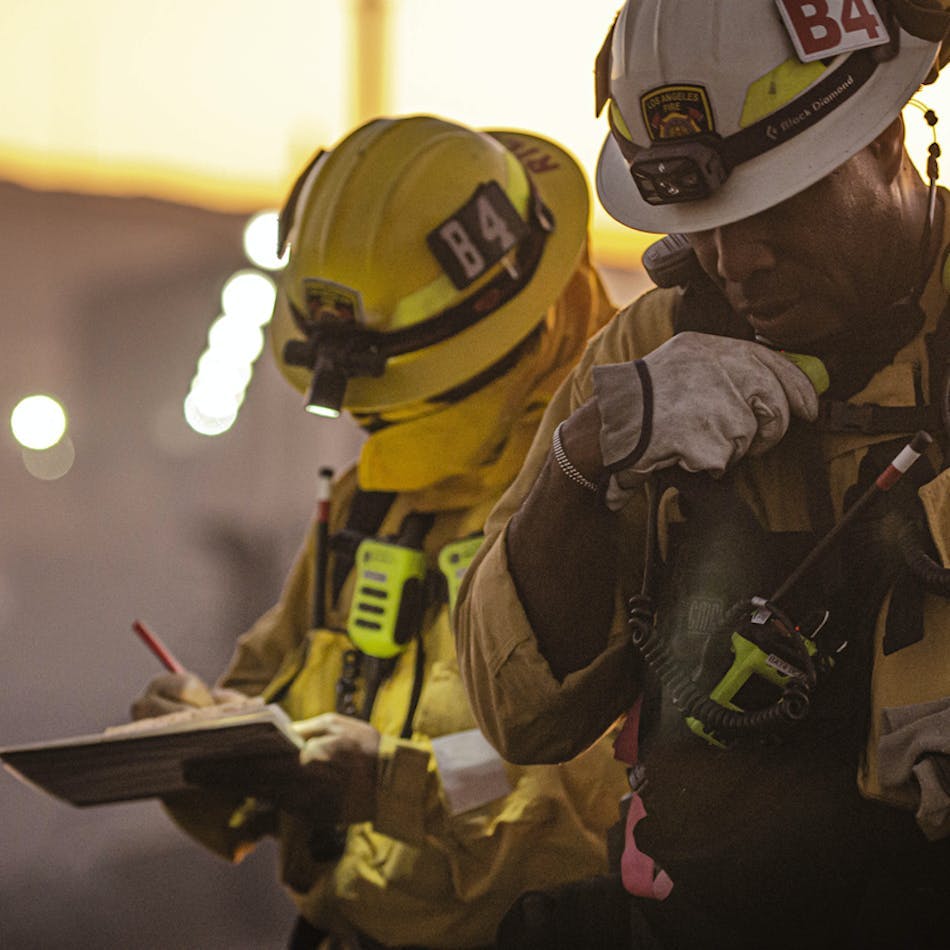Navigating the Wildfires: Claims Adjusters and Other Players in Claims Handling
By Newfront | Published September 29, 2020

In our previous blog post about the aftermath of this year’s destructive start to wildfire season, we discussed the importance of understanding the process of filing an insurance claim. Here, we’ll break down what happens after you initiate your recovery and file a claim.
Upon notification of a claim, a carrier will assign an adjuster to handle that claim from investigation to evaluation to settlement. Adjusters are not all the same and understanding the type of adjuster you are working with is important.
Typically, a carrier will assign a staff or in-house adjuster to work on a claim. It is up to that carrier adjuster to determine whether or not the policy will respond and if so, how much will be covered. Carrier adjusters will often talk to witnesses, collect police reports, and gather documentary evidence to adjust a claim. There are different levels of staff adjusters with varying levels of authority, typically based on their experience or expertise. Don’t be surprised if your loss is reassigned to another adjuster if damages exceed a certain amount.
Most often, a carrier will assign a staff adjuster but during times of high demand or for claims requiring specialized expertise, a carrier may hire an independent adjuster. Like a staff adjuster, an independent adjuster works for the carrier, but it is on a contracted, case-by-case basis. This means independent adjusters may work for multiple carriers at the same time.
A carrier may assign an independent adjuster to investigate a site if it is outside of their territory or they cannot get a staff adjuster there quickly. The independent adjuster may also be called a A is often tasked with doing a thorough examination/investigation of the premises and reporting their findings to the carrier adjuster.
A public adjuster does essentially the same things as a carrier adjuster and independent adjuster only the public adjuster performs these duties on behalf of an insured and not a carrier. Public adjusters can only handle first-party property claims. Public adjusters are often hired by insureds to represent their interests and ensure they are getting a fair payout from their carrier. They can prepare, present, and negotiate first-party claims for their clients. Public adjusters typically work on contingency, collecting a percentage of the final settlement amount as payment.
While hiring a public adjuster as an advocate may seem like the best decision, insureds should remember there are other sources of advocacy. Newfront offers a robust claims handling team that can serve as your advocate with the carrier. As a broker, we have relationships with carriers, but our obligation is to our insureds. We are available to assist our insureds through the entire claims process.
In the event of a complex coverage issue, an insurance coverage attorney may be the best solution for advocacy. The right insurance coverage attorney can effectively pursue an insured’s rights under the policy contract.

Newfront
Newfront is a modern brokerage transforming the risk management, business insurance, total rewards, and retirement services space through the combination of elite expertise and cutting-edge technology. Specializing in more than 20 industries and headquartered in San Francisco, Newfront has offices nationwide and is home to more than 800 employees serving organizations across the United States and globally.


